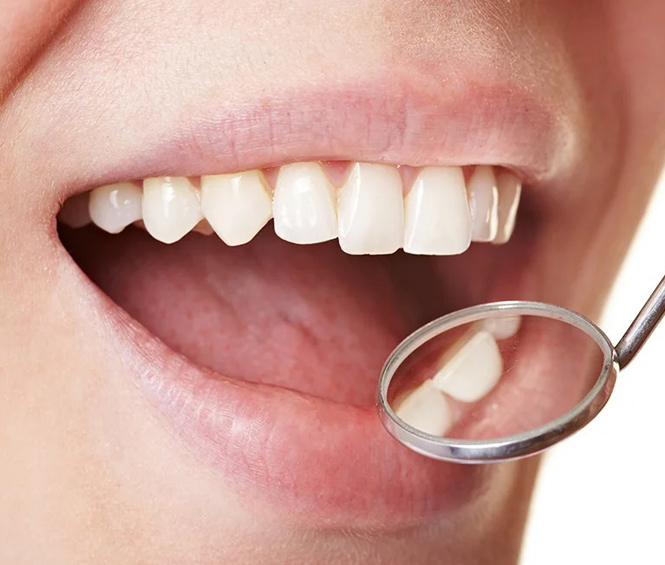717 Newfield St. Middletown, CT 06457

Deep Cleaning in Middletown, CT
What does scaling and root planing involve?
- Scaling: Scaling is the process of removing calculus and plaque from the surfaces of the teeth. It focuses on the area beneath the gum line and near the root. An ultrasonic scaling tool, a specialized dental instrument, is used for this procedure. It may also involve an irrigation process to administer an antimicrobial agent below the gums, which helps reduce oral bacteria.
- Root Planing: Root planing is a dental procedure that aims to eliminate harmful microorganisms, toxins, and tartar from the surface of cementum and dentin. It involves smoothing the root of the tooth to promote healing and reduce the chances of future bacterial colonization.
To control bacterial growth and fight against periodontitis, antibiotics or anti-microbial irrigation may be suggested. These approaches utilize chemical agents or mouth rinses to hinder the production of toxins responsible for the condition. Furthermore, our dentist may place antibiotic fibers into the periodontal pockets following scaling and planning to address infection and facilitate effective healing.
Our doctor may face difficulties in effectively removing plaque and tartar when deep pockets form between the teeth and gums. Patients often find it challenging to keep these pockets clean and plaque-free. Therefore, surgical intervention may be required to restore periodontal health.
Advantages of Scaling and Root Planing Treatment
Scaling and planing can provide numerous periodontal benefits if the treatment is effective. One such benefit is its ability to prevent disease. Scientific studies have demonstrated that bacteria originating from periodontal infections can circulate through the bloodstream and impact other parts of the body, potentially leading to heart and respiratory diseases. By eliminating the bacteria responsible for these conditions, scaling and root planing play a crucial role.
Treatment also helps to prevent tooth loss by protecting teeth against the effects of gum disease. When the depth of gum pockets exceeds 3mm, the risk of developing periodontal disease becomes higher. As these pockets deepen, more bacteria can accumulate, leading to a chronic inflammatory response in the body that damages the gums and bone tissue. Ultimately, this can result in the loss of teeth.
In conclusion, scaling and root planing not only improve the appearance of the mouth but also eliminate bad breath caused by food particles and bacteria. Additionally, these procedures effectively remove superficial stains from the teeth, providing an added benefit.



